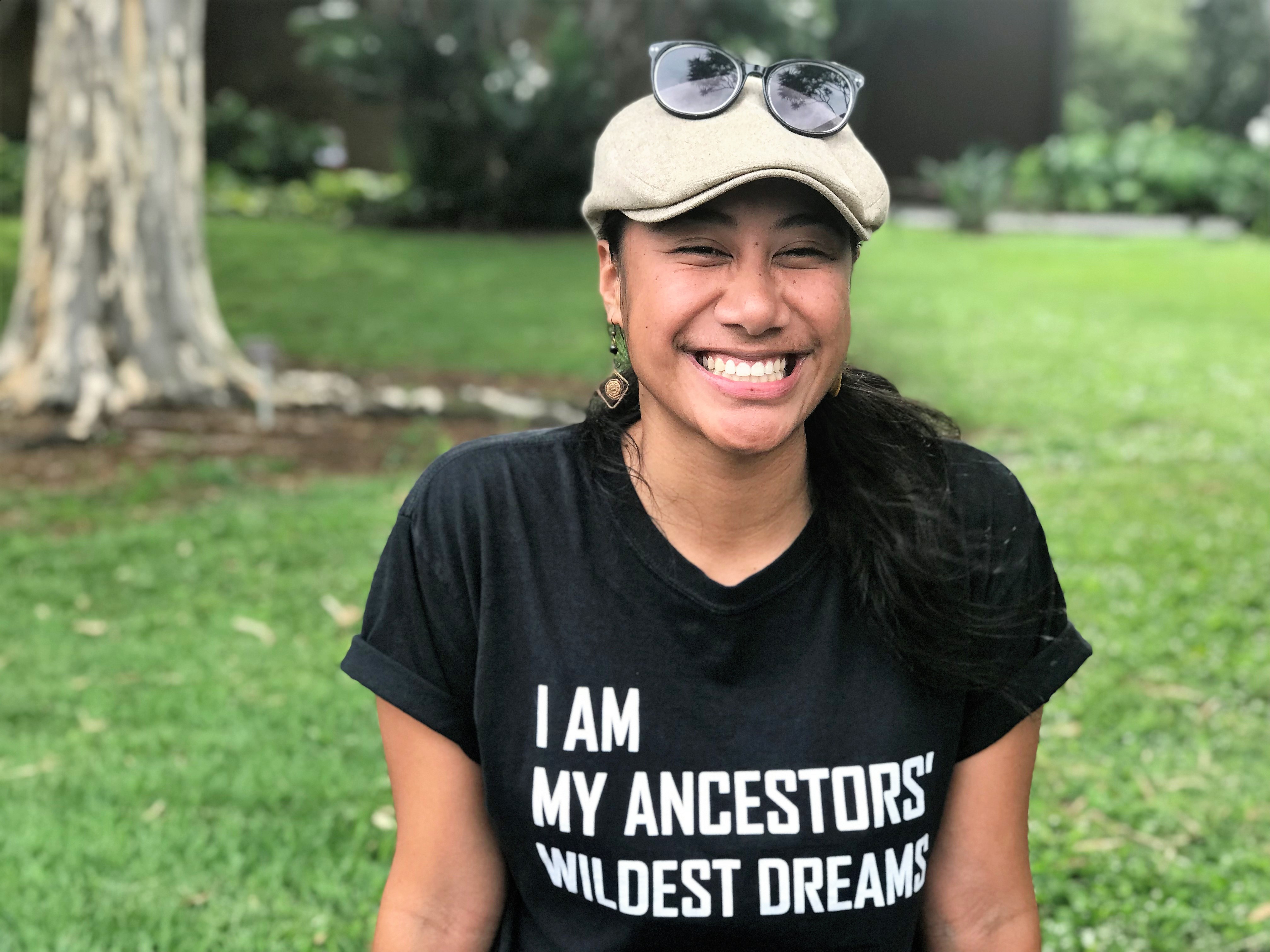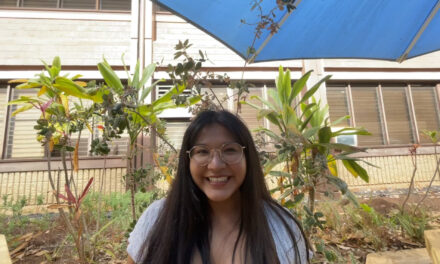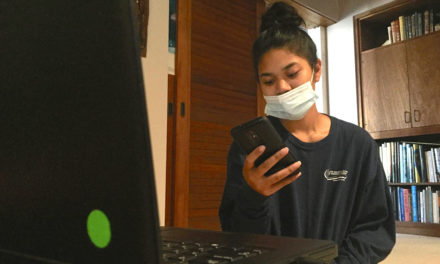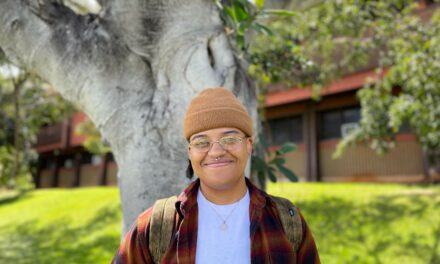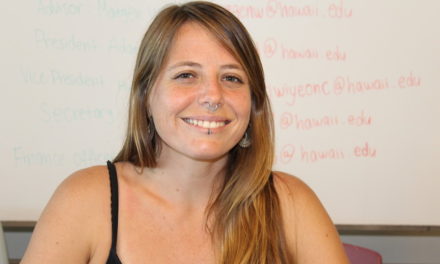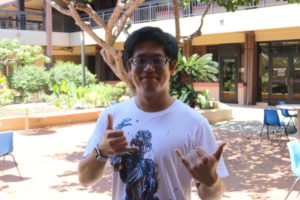Bri’Ana Lawson
Age: 21
Hometown: Louisiana
Major: Ethnic Studies
“When you go snorkeling, take out all the trash that you find. Sometimes Mother Earth kind of pays you back like while you’re snorkeling, and you find a dollar … while you’re snorkeling and picking up trash. Use metal straws, Tupperware and bring your own shopping bags to the store.”
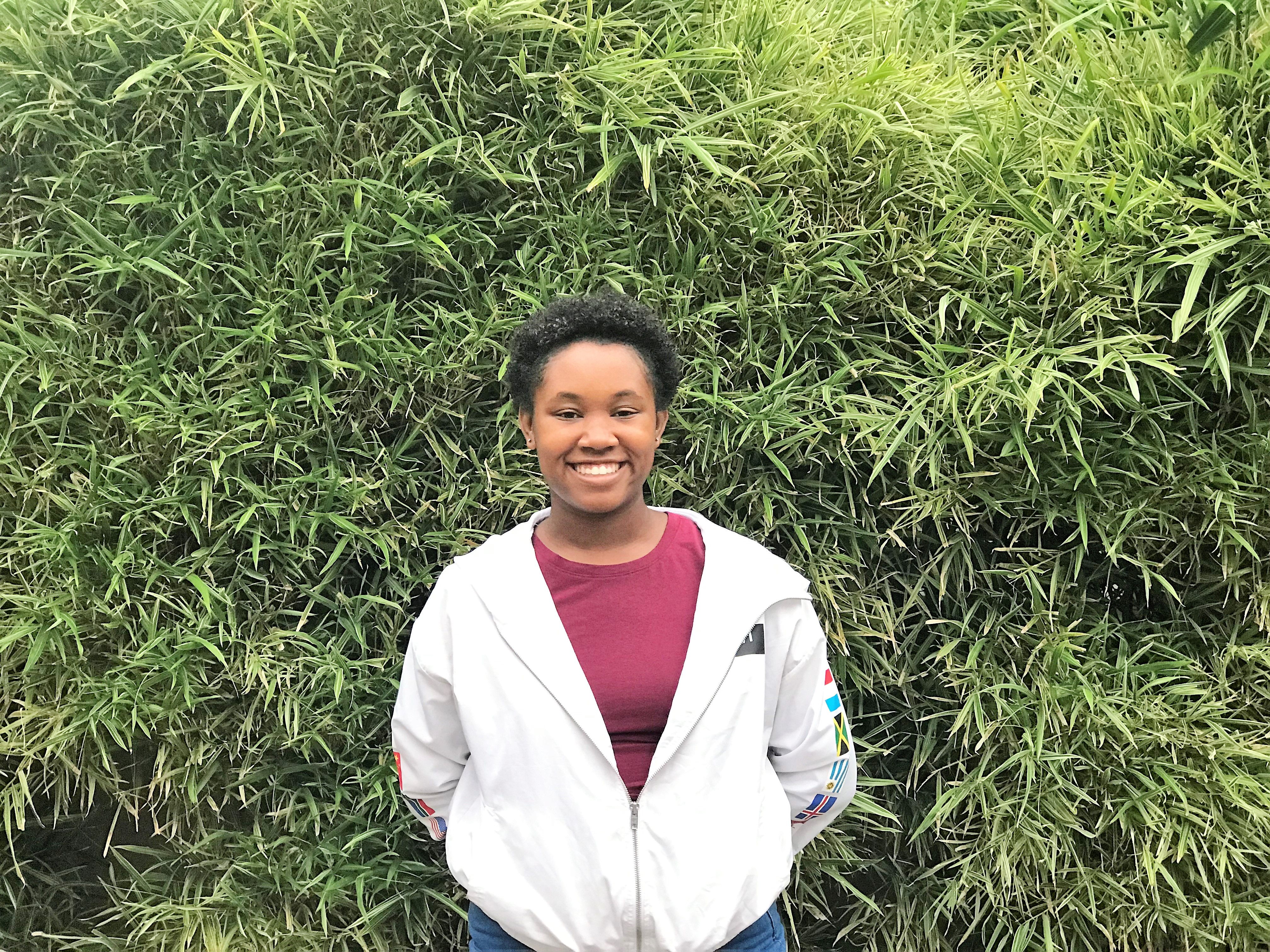
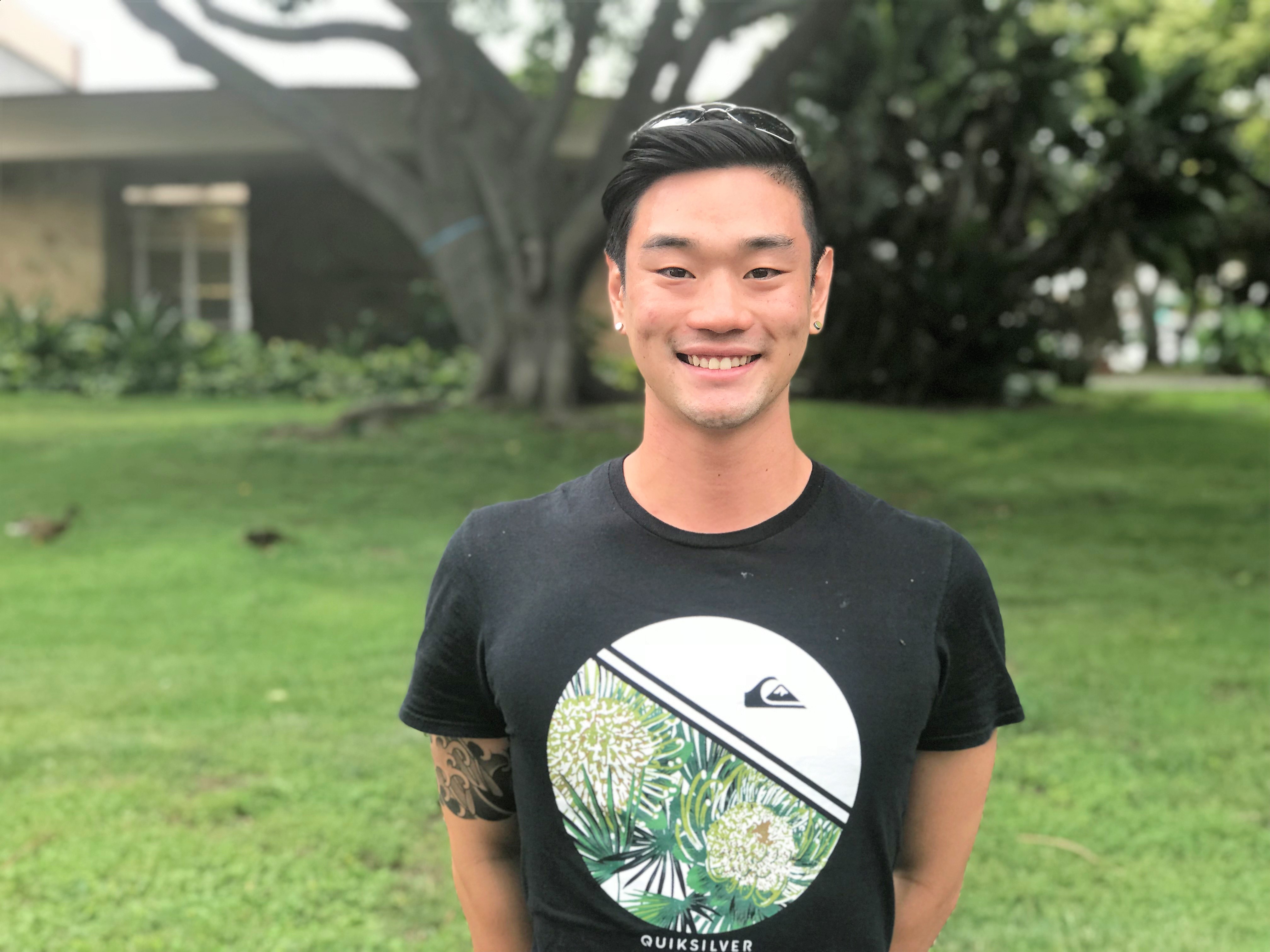
Trevyn Maruyama Age: 24 Hometown: ‘Ewa Beach Major: Mechanical Engineering “Pick up your cigarettes butts. The most littering you see around everywhere is cigarette butts; beaches and parks you see cigarette butts everywhere. It’s such a widespread thing to toss your cigarette after smoking. Why not just throw it away in a trash can or hold on to it until you find one.”
Victoria Flick
Age: 26
Hometown: Honolulu
Major: Business Management
“Dismantling capitalism is a start. It always bothers me when people say everybody should be turning off the light and all these little things that are individual. They’re basically blaming the working class for [things] that corporations are doing. Corporations are way worse; they’re the ones dumping chemicals in rivers. Me turning off my light, maybe if you can get that campaign to be on a huge scale that will make a difference then it’ll make a difference. [Climate change] is going to progress until we get rid of the profit from corporations.”
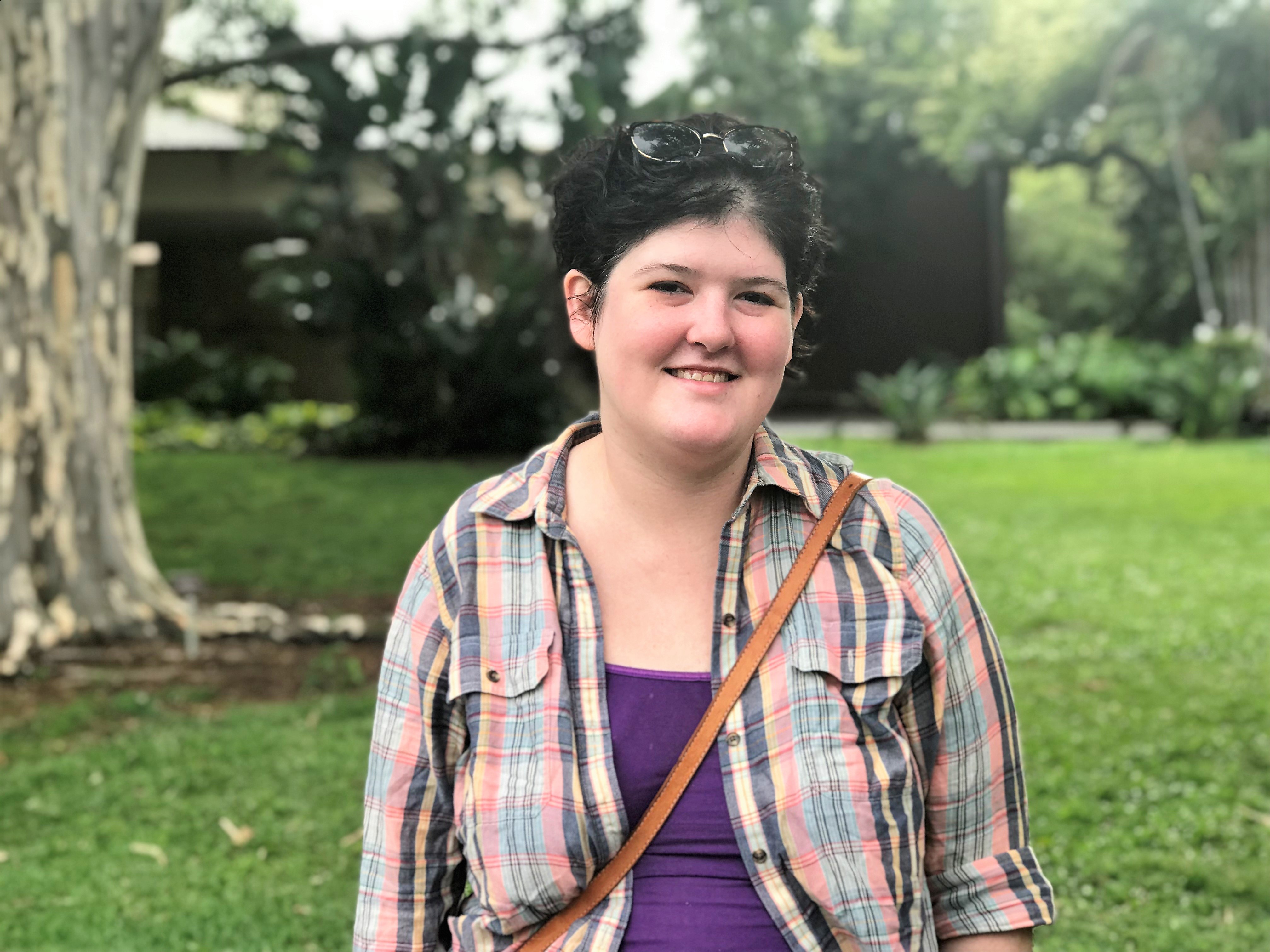
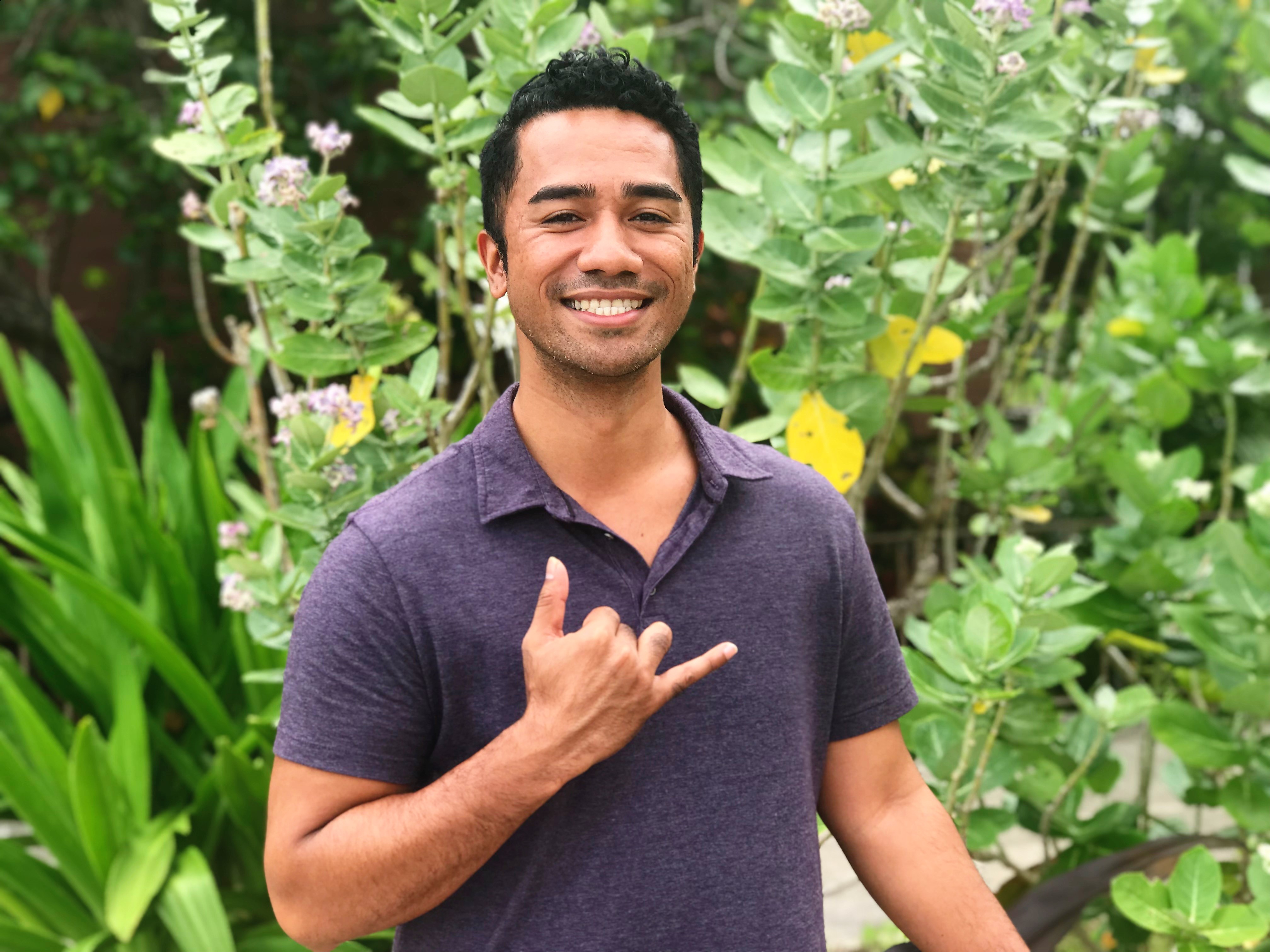
Sautia Tanoa
Age: 30
Hometown: Kalihi
Major: Political Science
“I feel very intrinsically linked to the ‘āina (land) and I think that how I treat others stems from that. Small things such as conserving water, not using straws, picking up trash that I see and I using my own shopping bags are important too.”
Vai Alefosio
Age: 31
Hometown: Sāmoa/California
Major: Pacific Island Studies
“The first word that comes into my mind is ‘listen’ because I think there is a very Western way of looking at sustainability that excludes or marginalizes indigenous voices. Take for example Mauna Kea. I’m Samoan and this is an Hawaiian issue but also, it’s an Oceanic issue. From a Pacific Islander view, looking at the land as a living, breathing entity, that’s a very indigenous way of looking at land. Now if we look at the way the western world looks at land, to me, is that land is void of life and the purpose is for occupation and consumption. A more sustainable future looks like listening to indigenous voices and indigenous methodology.”
